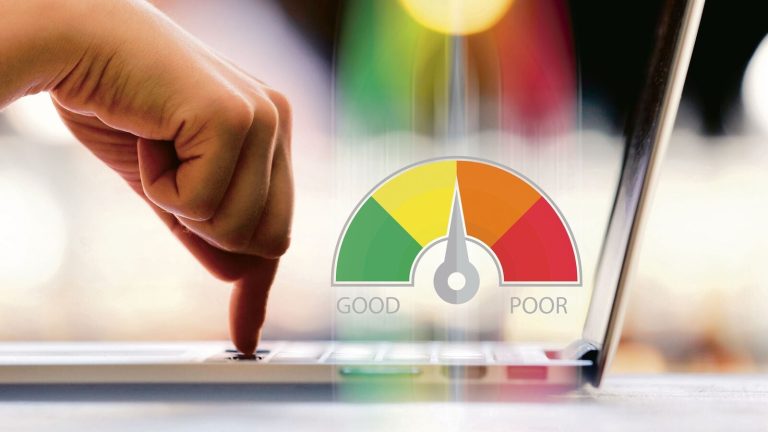To escape mounting debt it is important to settle pending loans. Still, it often carries long-term challenges for your overall credit health. Now, as credit management awareness rises across India in 2025, it is crucial to clearly understand how loan settlement can impact your credit score and future borrowing prospects. This write-up is dedicated towards discussing the same in detail.
What is a loan settlement?
A loan settlement is nothing but a mutual agreement between the borrower and the lender where the borrower pays a reduced amount of money along with other stipulations to close the debt.
This option of loan settlement is generally offered when the borrower is under immense financial stress and is unable to meet the repayment terms and conditions.
Still, it is important to note that settled loans are not considered as ‘completely repaid’ or ‘closed’ in the eyes of credit bureaus. Now, for all such loans, the account is labelled as ‘settled’ and not marked as ‘closed’ thus impacting the borrowers creditworthiness due to breach of the contract payment agreement.
In an exclusive conversation withMint, Amit Bansal, founder Bharatloan stated that,”Settling a loan typically means the borrower has negotiated with the lender to pay a reduced amount in place of the full outstanding balance.
While this may ease immediate financial pressure, it’s important to understand the long-term impact. Loan settlements are reported to credit bureaus and often marked as ‘settled’ rather than ‘closed’, which indicates that the loan wasn’t repaid in full.”
He further added that, “This can significantly affect your credit score and reduce your chances of securing credit in the future. If you’re struggling with repayment, it’s advisable to speak to your lender early and explore restructuring or EMI reduction options instead.”
What is the impact of loan settlement on your credit score?
- Drastic and immediate score drop: Your credit score can drop by 75 to 150 points or even more depending on the loan type, settlement terms, amount and repayment history.
- The record generally stays for 7 years: The settled status tag i.e., the record remains on your credit report for up to seven years. This impacts your eligibility for fresh credit immensely and puts you at risk of higher interest rates for all future loans.
- Integrity and reputational risk: Future lenders can interpret this status as a sign of poor credit management and financial discipline. This can prompt them to ask for higher interest rates, lower credit limits and stringent repayment terms or even rejection of your loan application requests.
When is a settlement justified?
Loan settlement should not be viewed as a convenient solution. It should be looked at as a last resort. Give it does offer temporary relief, still it does long term damage to your credit report.
Financial advisors recommend exploring options such as loan restructuring, moratoriums on EMIs, top up loans before deciding to settle loans once and for all.
How can you rebuild your credit score after settlement?
For rebuilding your credit score after a settlement you will need to practice patience and discipline. Here are some effective ways to achieve the same:
- Clear out pending debts: First you should focus on paying off any outstanding debts, personal loans or dues. Especially on credit cards, unsecured high interest loans etc.
- Make your EMI payments on time: You should ensure that you are making time bound and consistent payments for any current or future credit accounts and consistently paying your EMIs.
- Diversify your credit mix: Focus on maintaining a balanced credit portfolio. This can include secured loans (such as gold loans or home loans) to rebuild your profile.
- Limit and reduce hard inquiries: Never apply for multiple credit lines such as new personal loans, credit cards etc., within a short span of time.
- Check your credit report consistently: Use platforms of leading credit bureaus to check and track your credit score consistently and correct any errors or discrepancies related to the same.
Conclusion
Hence, settling a loan comes with its pros and cons, impacting your credit score is one such challenge that you must navigate through carefully. Now, settling a loan can definitely offer short term relief during financial difficulties, but the long term implication of reduced credit access and damaged reputation often outweighs the benefits.
Therefore, whenever possible, aim to repay your loan in full, or talk to your lender to restructure the loan. Further, if you have already settled your loan, focus on disciplined financial behaviour to get your credit score back on track.
Disclaimer: Mint has a tie-up with fintechs for providing credit; you will need to share your information if you apply. These tie-ups do not influence our editorial content. This article only intends to educate and spread awareness about credit needs like loans, credit cards and credit scores. Mint does not promote or encourage taking credit as it comes with a set of risks such as high interest rates, hidden charges, etc. We advise investors to discuss with certified experts before taking any credit.


